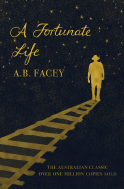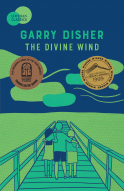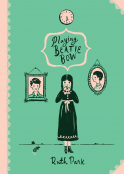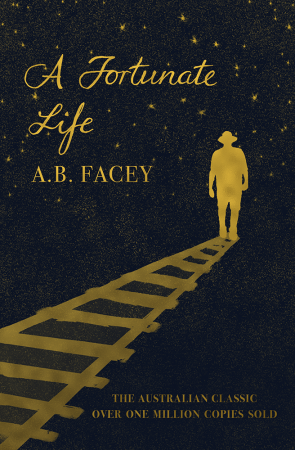Publisher's synopsis
Born in 1894, and first sent to work at the age of eight, Facey lived the rough frontier life of a labourer and farmer and jackaroo, becoming lost and then rescued by Indigenous trackers, then gaining a hard-won literacy, surviving Gallipoli, raising a family through the Depression, losing a son in the Second World War, and meeting his beloved Evelyn with whom he shared nearly sixty years of marriage.
Despite enduring unimaginable hardships, Facey always saw his life as a fortunate one.
A true classic of Australian literature, Facey’s simply penned story offers a unique window onto the history of Australian life through the greater part of the twentieth century – the extraordinary journey of an ordinary man.
Awards
- Banjo Award for Australian Literature, (Winner 1981)
- NSW State Literary Award, (Winner 1981)
- Douglas Stewart Prize (Winner, 1981)
Complementary content
AustLit information trail

A.B. Facey was born in 1894 and grew up on the Kalgoorlie goldfields and in the wheatbelt of Western Australia. His father died before he was two and he was deserted by his mother soon afterwards. He was looked after by his grandmother until he was eight years old, when he went out to work.
His many jobs included droving, hammering spikes on the railway line from Merredin to Wickepin and boxing in a travelling troupe. He was in the Eleventh Battalion at the Gallipoli landing; after the war, he became a farmer under the Soldier Settlement Scheme but was forced off the land during the Depression. He joined the tramways and was active in the Tramways Union.
A.B. Facey, who had no formal education, taught himself to read and write. He made the first notes on his life soon after World War I, and filled notebooks with his accounts of his experiences. Finally, on his children’s urging, he submitted the handwritten manuscript to the Press. He died in 1982, nine months after A Fortunate Life had been published to wide acclaim.
Bio and photo: Fremantle Press








